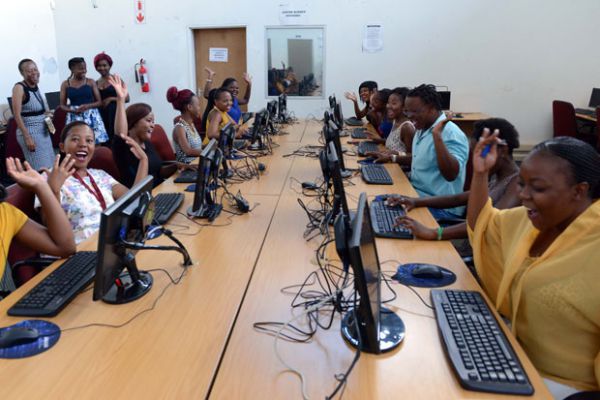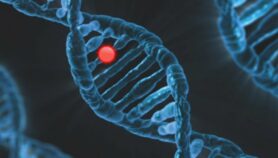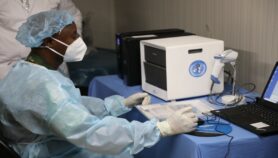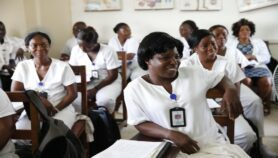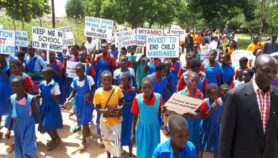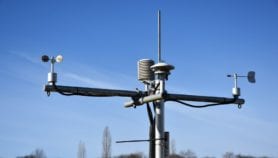By: Laura Owings
Send to a friend
The details you provide on this page will not be used to send unsolicited email, and will not be sold to a 3rd party. See privacy policy.
[CAPE TOWN] Four leading international science organisations have announced a global accord proposing principles and practices for open access to research data.
The accord titled Open data in a big data world was announced last month (9 December) during Science Forum South Africa held in Pretoria.
“Maximising public benefit from the data revolution in both developed and developing countries is a priority, … [and] needs a global, coordinated response from the scientific community,” says Geoffrey Boulton, president of the International Council for Science (ICSU)’s Committee on Data for Science and Technology (CODATA) and leader of the working group that developed the accord.
The ICSU is a non-governmental organisation with 122 national scientific bodies and 31international scientific unions in 142 countries, according to its website.
“With this accord, we take a coordinated step forward with the bodies that advocate and support open access, and the academies that influence government, policymakers and funders.”
Geoffrey Boulton, Committee on Data for Science and Technology (CODATA)
“With this accord, we take a coordinated step forward with the bodies that advocate and support open access, and the academies that influence government, policymakers and funders,” Boulton adds.
Outlining 12 guiding principles for the practice and practitioners of open data, the accord specifically addresses the responsibilities of scientists, institutions, publishers and funding agencies in supporting access to data.
It also addresses boundaries of openness, whereby open data should be the default position for publicly-funded science, with limited exceptions. The accord also focuses on enabling practices which clarify citations and other technical issues.
The accord was developed by the ICSU, the InterAcademy Partnership, the International Social Science Council and TWAS (the World Academy of Sciences)
Over the next year, the bodies will lead a campaign to gather more support from science, education and policy bodies, with final results to be revealed in the third quarter of 2016, says a statement from the ICSU released last month (7 December).
Daya Reddy, president of the Academy of Sciences South Africa, which supports the accord, says the announcement has received positive feedback from science academies of other African countries including Botswana, Kenya, Madagascar and Uganda.
“It is imperative for Africa to be part of the open data community and access knowledge as full participants and not consumers of science from abroad,” Reddy advises.
According to Anthony Beitz, director of eResearch Centre at the University of Cape Town, South Africa, there are challenges to adopting open access policies including technical, ethical and cultural issues. “It’s important to consider regional and international institutions and the infrastructure and technical skills needed for them to use and build on open data,” Beitz notes.
“The open data movement enables developing countries to access resources, data and publications at lower cost, and levels the playing field for our researchers,” Beitz notes. “The accord, as a statement of roles and responsibilities of players across the board, is a very important first step in providing an open data framework that is applicable internationally and regionally.”
This piece was produced by SciDev.Net’s Sub-Saharan Africa English desk.
References
International Council for Science (ICSU), InterAcademy Partnership (IAP), International Social Science Council (ISSCO) and The World Academy of Sciences Open data in a big data world (ICSU, IAP, ISSCO and TWAS, 2015)


